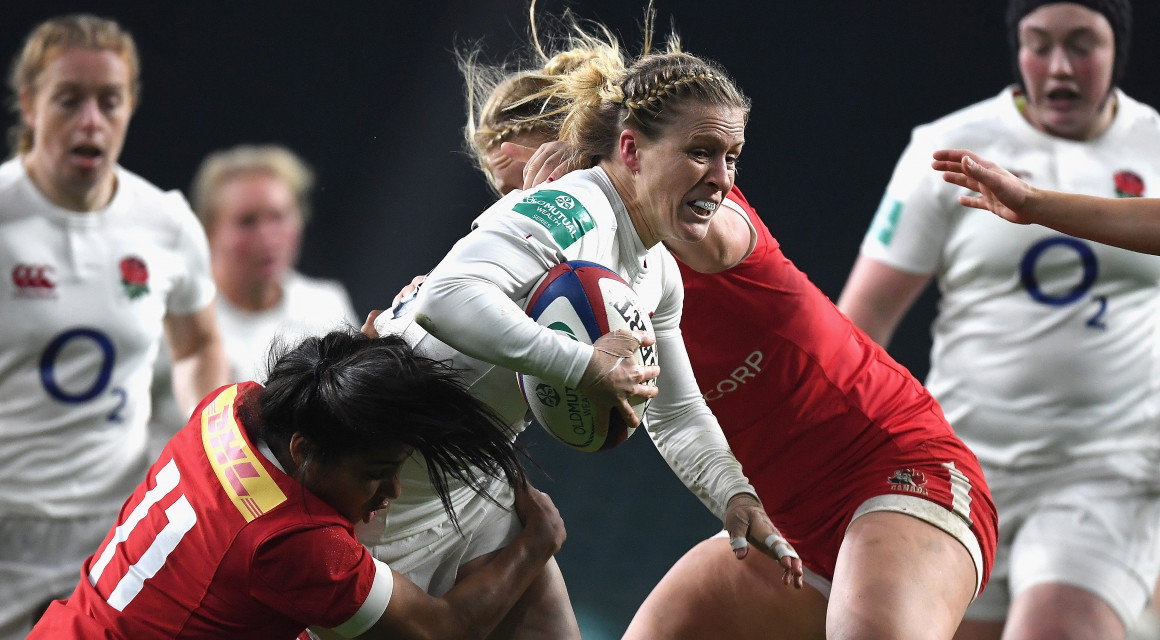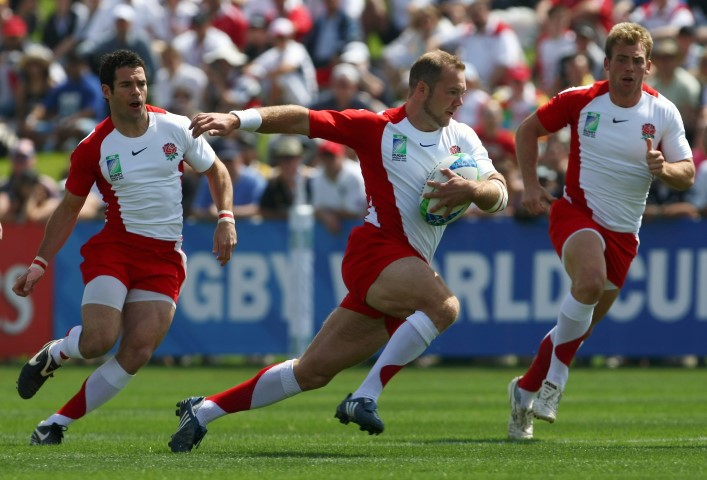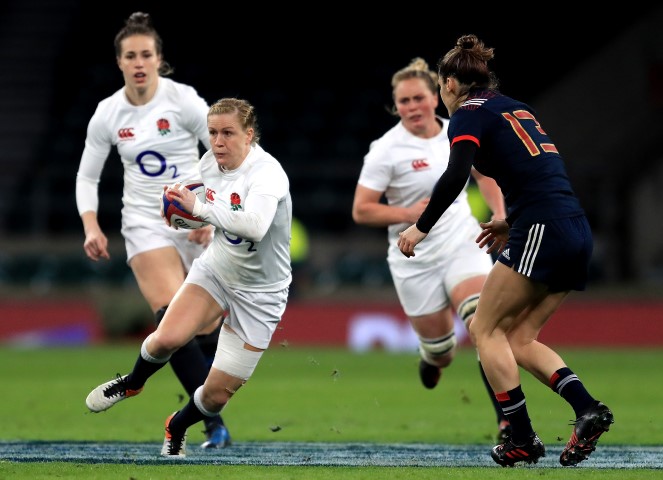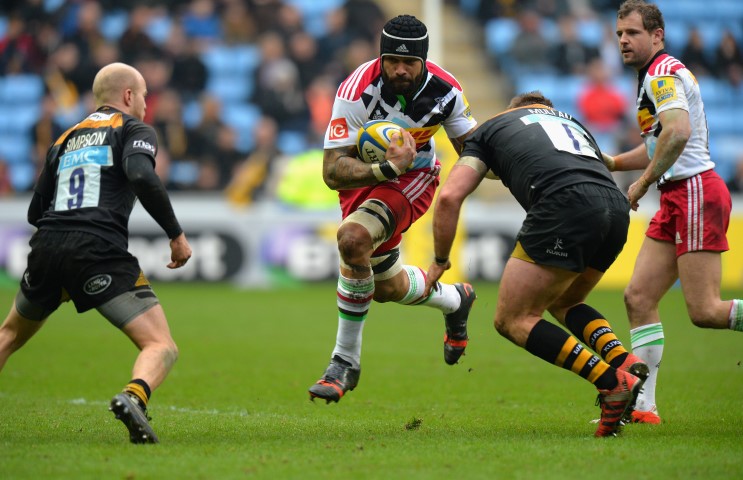Coping with Injury
Unfortunately, getting injured is part and parcel of sport. Sometimes it’s a knock or sprain that gets in the way of training for a few days. Sometimes it’s something requiring surgery, rest and months of rehab.
Our reaction to getting injured makes a big difference to how well we recover. For a bad injury, many athletes seem to pass through some recognisable stages. First of all, they can get angry. This can be with themselves, the situation, or others. Then they might experience a bit of denial – hoping or imagining that the injury is not as bad as people have told them. Then once the reality of the situation sinks in, and they think about the length of their recovery journey and its uncertain outcome, some athletes can start to feel depressed. Finally, after a period of time, the athlete experiences acceptance. They accept that the world is the way it is, and that whilst other people can help them, their attitude, their effort and their behaviour is what will make a difference over time.
Ideally, you would relatively quickly move to acceptance, stop being angry, and engage in rehab with optimism, despite the inevitable setbacks, although we understand that this is not easy.
Here are some tips for coping with injury:
- Accept the fact that you are injured and it’s going to take some time to get your body back to its previous level of function, or better than its previous level of function
- Take advice from your medical team and strength and conditioning team. Ask them to explain why they think what they do. Have them draw for you, perhaps, a recovery road map, to help you see where you are going over the coming weeks or months?
- Remember that some of the world’s best athletes – Dame Kelly Holmes, Jonny Wilkinson – had years off with injury and still returned to world class performance level
- Use the time you are recovering and rehabilitating but not playing to develop your skills and experience. Learn about how the club works, get better at public speaking, write articles for magazines, make progress with any qualification you might be working towards for life after rugby.
- Find ways to be an ambassador for your club and the sport, socialising at events with supporters and sponsors for instance
















